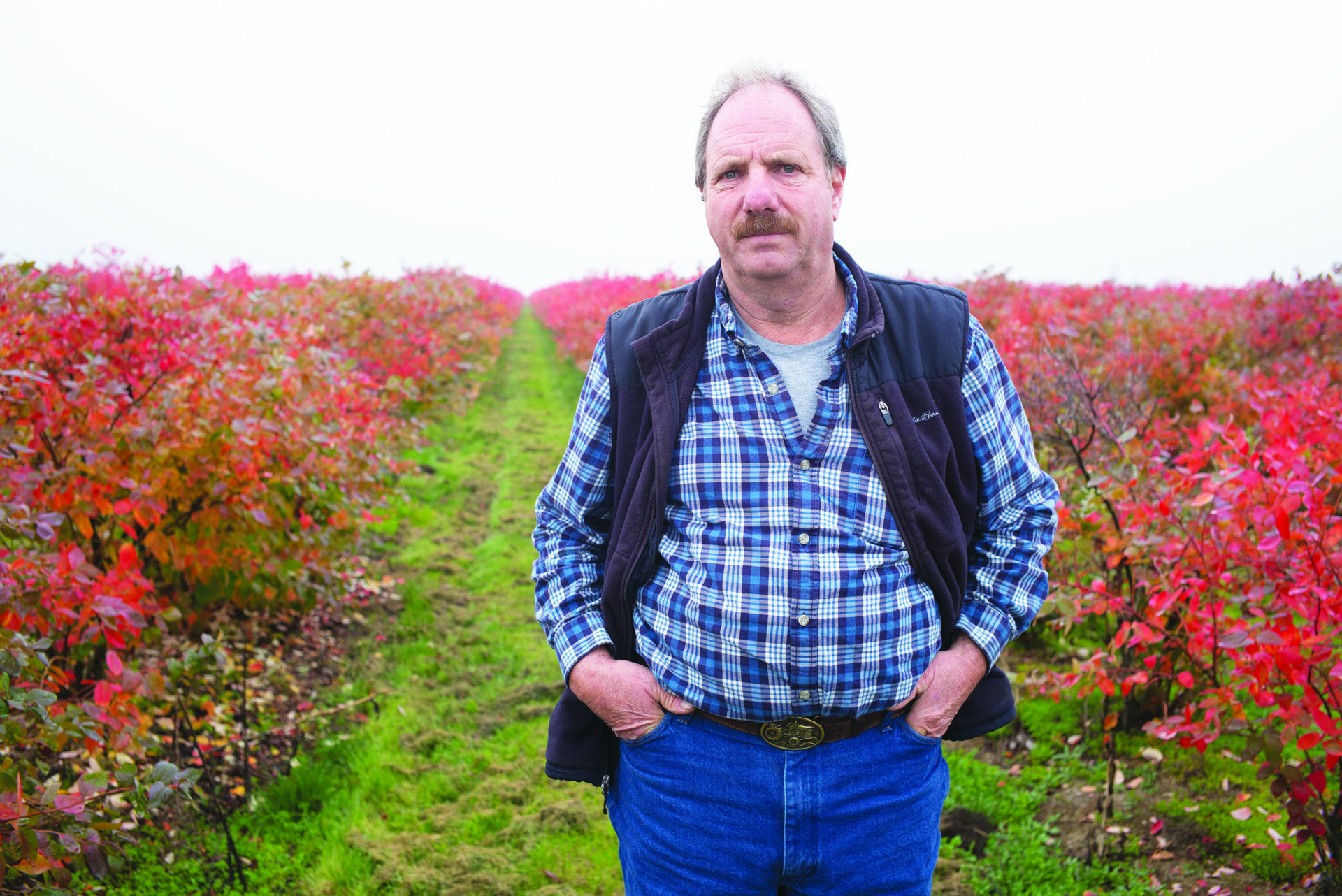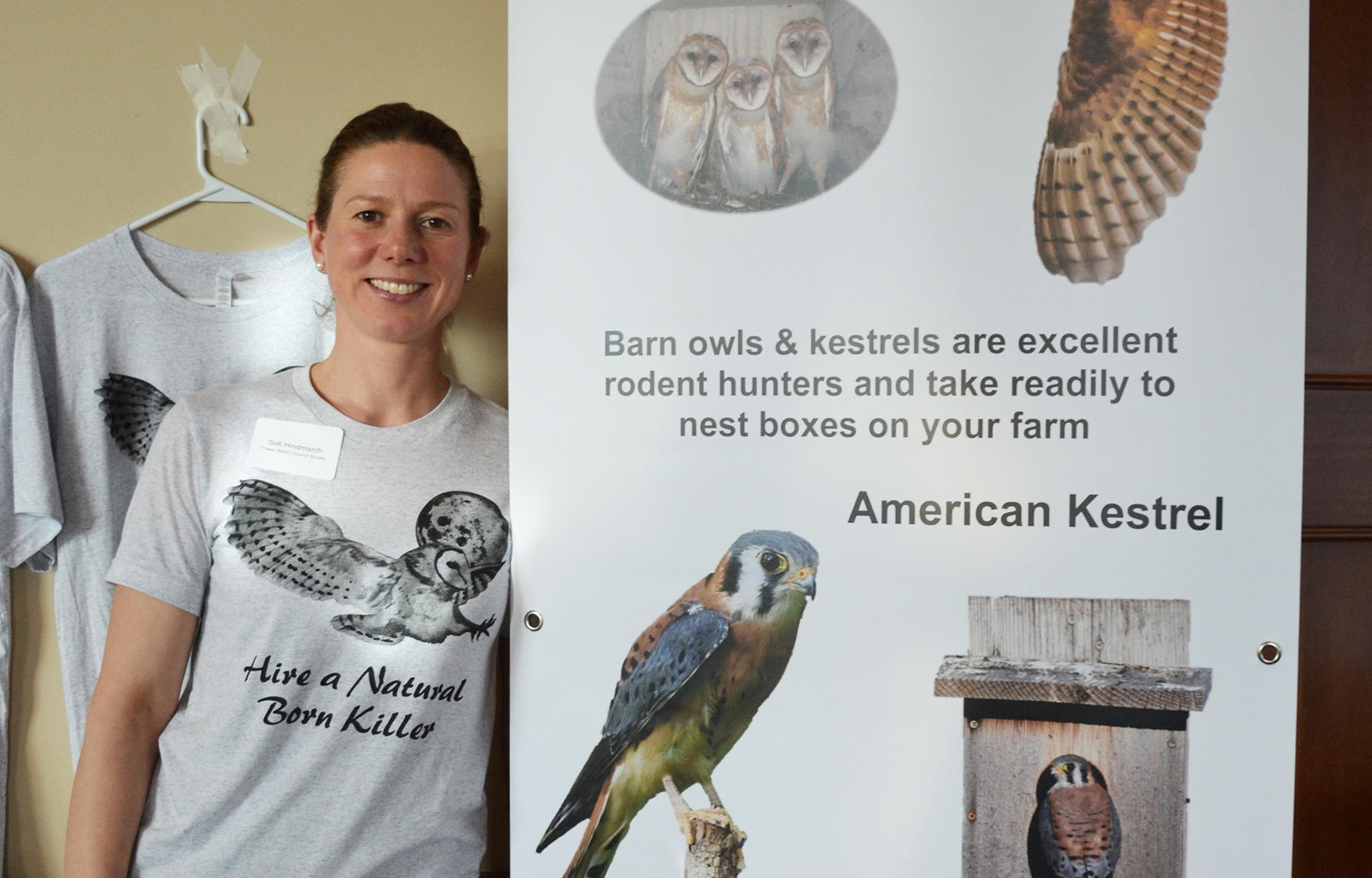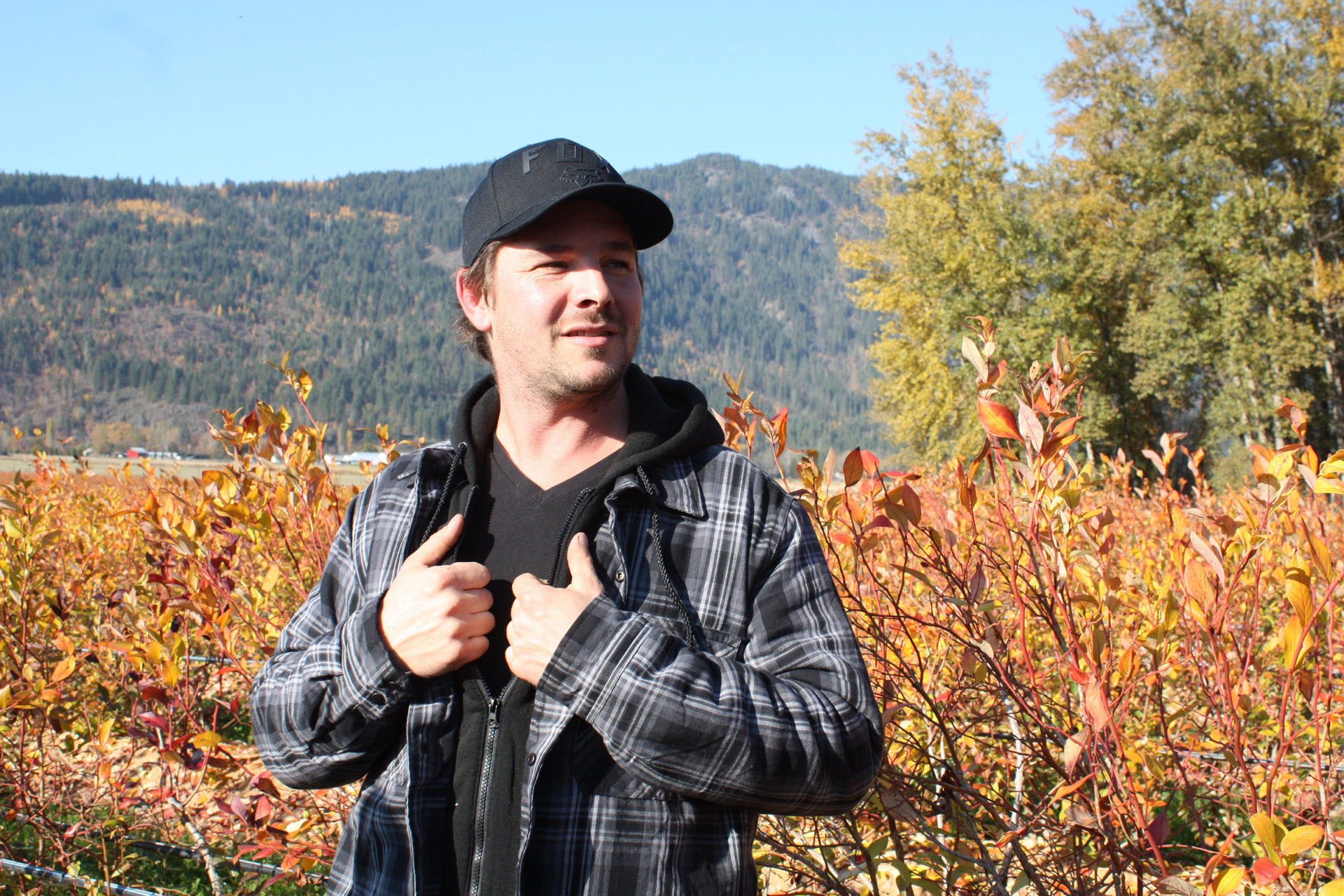DELTA – Victoria has left the Agricultural Land Commission short of commissioners needed to assess applications while it awaits a report on how to revitalize the province’s protected farmland.
Provincial legislation requires the ALC to have at least “at least 13 individuals … knowledgeable in matters relating to agriculture, land use planning, local government or First Nation government.” However, the commission now has just 11 members, including Jennifer Dyson, who succeeded Frank Leonard as chair in May. This is half the number who served in 2017.
The commission’s six regional panels – which BC agriculture minister Lana Popham would like to see disbanded in favour of a single panel for the entire province – have been reduced to no more than two members. Panels for the Interior and Okanagan regions now consist of just one member each, and the term of the Okanagan’s sole remaining panellist ends December 30.
Perhaps more important, just two of the remaining commission members are vice-chairs, meaning most panels aren’t legally constituted to fulfil their mandate.
The situation concerns Bill Zylmans, the former vice-chair of the South Coast panel whose term ended October 8.
“It seems like they don’t want too many people around the table,” he says.
While having just one person on a panel would cripple its work, the loss of the farmer’s voice from panel membership is an equal concern.
“They’ve sent some of the most passionate people out to pasture,” he says. “If you’re going to do anything for the farming community, you need farmers on board to be doing that job.”
Besides Zylmans’, the appointments of Fort Fraser rancher Dave Merz and Vancouver Island cheesemaker Clarke Gourlay have not been renewed. In addition, Oliver orchardist Greg Norton was not replaced following his death in February. This leaves just six active farmers on the commission, with only the Kootenay region served by a functioning panel with farmer membership.
“Is this good for the farming community as a whole, and the foresight for the farming community as we continue to go through very difficult times?” Zylmans asks, pointing to trade issues among the key pressures facing growers. “What serious agricultural, historical, boots-on-the-ground expertise is left on those panels?”
ALC CEO Kim Grout didn’t respond to a request for comment on how the lack of new appointments is affecting the commission’s work, but BC Liberal agriculture critic Ian Paton, a farmer and former Delta councillor who represents Delta South in the legislature, said the effect could be “chaos.”
Zylmans lives in his riding, and Paton said the loss of someone intimately familiar with farming in the region is unfortunate for everyone. The lack of any new appointments deepens the loss of Zylmans’ experience and expertise.
“With people being let go and no new commissioners being brought on, the applications are going to stack up, and decisions. … There’s tons of decisions being waited on by municipalities,” Paton says. “They seem to be reducing these panels to the point of disregarding them, and probably just pulling the whole thing together as one big land commission like in the old days.”
Many expect new appointments to follow when the province acts on the final recommendations of the nine-member committee charged earlier this year to suggest ways to revitalize the ALC and the properties it oversees. Provincial law requires the lieutenant governor fill vacant commission positions within 90 days, and the revitalization committee report is expected in November.
“There’s a very small glimmer of hope [that] after they’ve done their thing that they may come back to some of us who, I believe, have passion for agriculture and they may look at us again,” Zylmans says. “Or, they might find somebody entirely new, which is fine, too. … But hopefully they keep the focus of boots on the ground.”
Practical farming experience is critical if the province wants to understand farmers’ concerns and keep land in production, something Zylmans says has to be at the heart of farmland preservation. Decisions must be grounded in knowledge and understanding of the challenges farmers face.
“Preserving land is great; preserving farmers is even better. Together, with those two points in mind, you can move mountains and you can bring people back to the farm,” Zylmans says. “It’s not easy to come up with the perfect model, but I think we are three-quarters of the way down the road if we put the farmer and the land together.”


 Vole control in blueberries
Vole control in blueberries